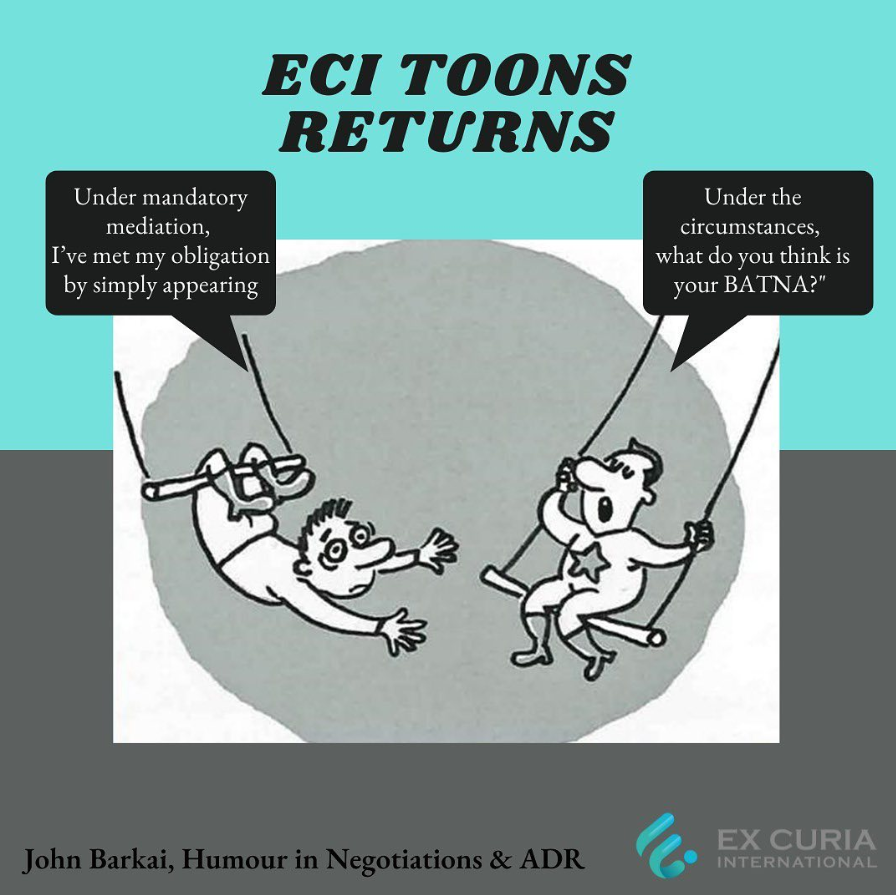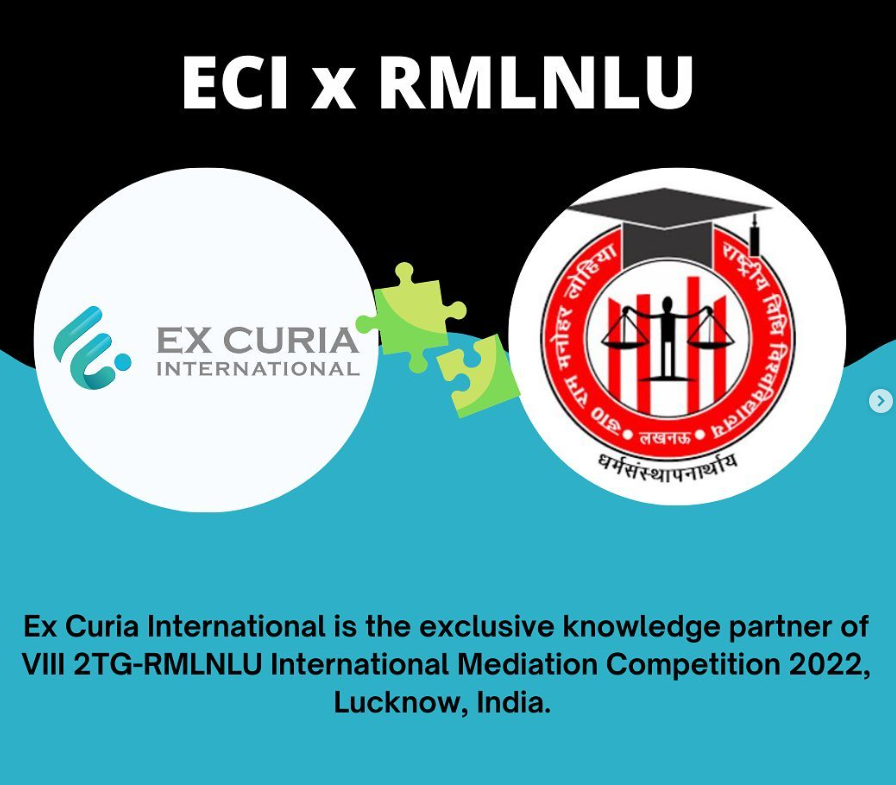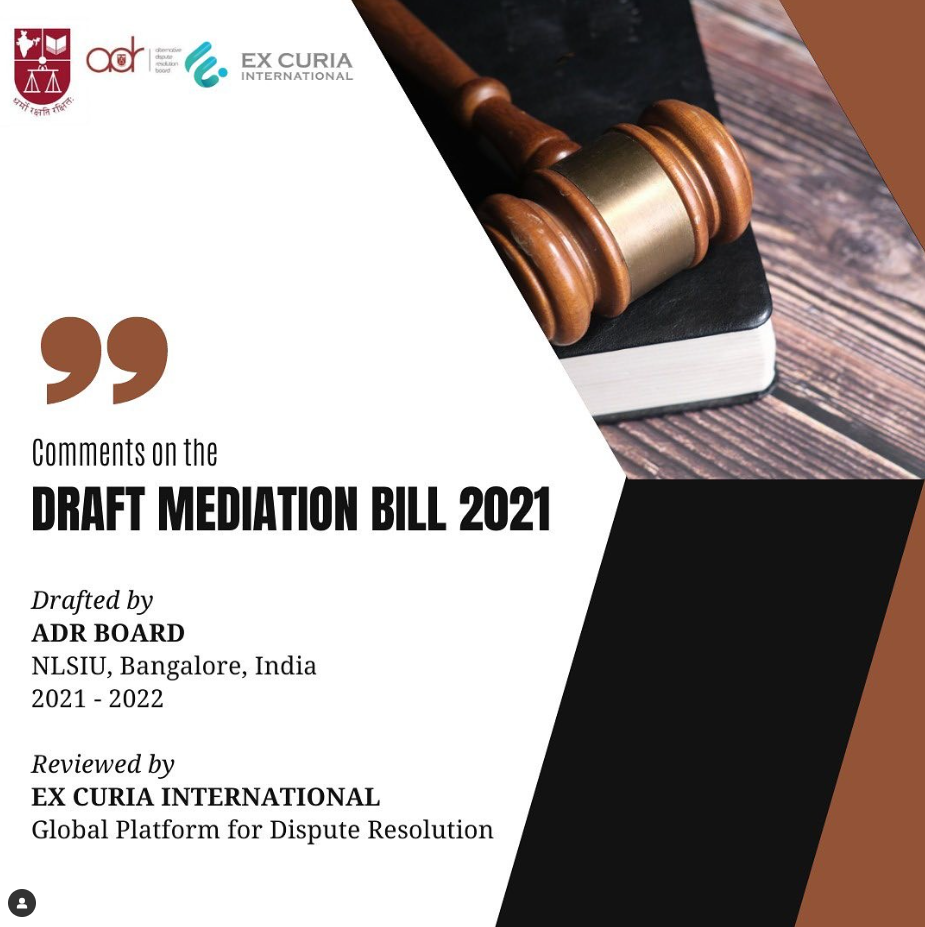– Shreya Bansal * It is stated in Article 89 of the Civil Procedure Code that “If the court deems fit, it can allow arbitration, mediation and conciliation for settlement of disputes between parties outside the court.[i]” This section expressly means that power has been inferred to court to refer matters to alternate dispute mechanisms(“ADR”). However, many disputes have always been under contention if the same can be resolved outside the courts. One such area is the disputes arising out of intellectual property rights (“IPR”). Arbitration as a means of resolving commercial disputes has become progressively the default mechanism around the world and in India. Indian Courts have also been trying to enlarge alternative dispute mechanism scope so as to reduce the burden on courts. Courts are trying to settle the practices of ADR and are coming up with various tests to determine the arbitrability of disputes. One such area of contention is regarding the arbitrability of Intellectual Property Disputes . The courts have at multiple instances said that IPR Disputes are to be considered non-arbitrable. The major reason for such a decision is that public policy aspects are believed to be involved in IPR disputes which makes it against the public interest if such disputes are made arbitrable. Further, the lack of clarity regarding the arbitrability of IPR disputes in the statutes such as Arbitration and Conciliation Act, 1996 and other intellectual property statutes makes the issue more complex. The supreme court has attempted to settle the issue regarding arbitrability of disputes in the case of Vidya Drolia.[ii] The Supreme Court while delivering its judgement laid down the law on arbitrability of disputes generally and the forum to decide upon the question of \’non-arbitrability\’ of a dispute. However, the concern around arbitrability of IPR disputes still remain. The judgement has inducted Intellectual property as monopolistic rights, subsequently indicating them as non-arbitrable. This concern has recently been addressed by the Delhi High court in its recent decision of Hero Electric.[iii] Arbitrability of disputes has been determined till 2020 by the decision of the Supreme court of India in the case of Booz Allen Hamilton v SBI Home finance[iv]. It was held by the court that where the disputes involved in personam rights, the same shall be considered arbitrable. However, when the dispute shall involve a right in rem, the same shall be considered non-arbitrable. The court considered the dispute regarding mortgaged property sale and held that since such dispute involved right in rem, the same shall be considered non-arbitrable. Further disputes such as those relating to rights and liabilities that arise out of criminal liabilities, guardianship, matters, matrimonial matters, winding up or insolvency matters, eviction or tenancy matters, and testamentary matters were enumerated as non-arbitrable. While questions regarding when disputes were arbitrable were dealt with in the Vidya Dolia and Booz Allen case, the arbitrability of Intellectual Property disputes was specifically addressed in the case of Eros International Media Limited v. Telemax[v], where it was held by the Bombay High Court that certain disputes of Intellectual Property were arbitrable. The court was approached under Section 8 of the Arbitration and Conciliation Act, 1996. The dispute was regarding the marketing and distribution rights of feature film and the defendants conduct in this regard. With respect to the arbitrability of IP rights, the court observed that IP rights are a species of property rights and cannot be considered as a separate body of law. The court held that IPR disputes of commercial nature where the parties required ‘specific reliefs’ against the other party i.e., actions in personam, are arbitrable. A four-fold test was thereafter created by the court in the case of Vidya Drolia that determines arbitrability of disputes. The court specified four instances when disputes will not be arbitrable. First when the statute barred the subject matter from arbitration, second, when the subject matter or cause of action related to right in rem, third, when it affected rights of the third party, and fourth, when it related to alienable functions of state. Certain IPR issues such as issuing patents and trademark registration have been considered as exclusive matters having an erga omnes effect that fall within the sovereign functions of the state by court. Since monopoly rights are granted, they are to be considered non-arbitrable. While some confusion is created by such an obiter, the same is not to be considered as blanket prohibition. The case of Hero Electric Vehicles Private Limited[vi] resolved the ambiguity in 2021 where the Delhi High court held that Intellectual Property disputes are arbitrable. The case pertained to infringement of trademark where the application to refer the dispute to arbitration was filed. Since the issue in the present case centred around two contractual arrangements of Family settlement Agreement and Trademark and Name Agreement, the remedy is not sought for someone using deceptive trademark but for the right conferred to a different family group under business division and the essential issue was not provision of trademark act but the provisions of the agreement, the same can be effectively adjudicated by arbitration. The court clarified that the concern identified in the case of Vidya Drolia does not affect the present judgement as firstly no sovereign functions are involved and secondly, it does not fall into the categories of non-arbitrable disputes listed in Vidya Drolia. Further, the court held that courts must caution and differentiate between actions in rem and rights in rem. When the remedy is sought against a particular person or group as in the present case of Hero Electric case, the same would not constitute an action in rem and therefore would not have an erga omnes effect. The Hero Electric judgement is welcome. Even though IP is a special form of property as it is intangible in nature, it is not very different from other species of property. With other forms of property, IP requires registration. In modern commercial contracts, IP forms an essential element very often and allowing such disputes to be arbitrated





